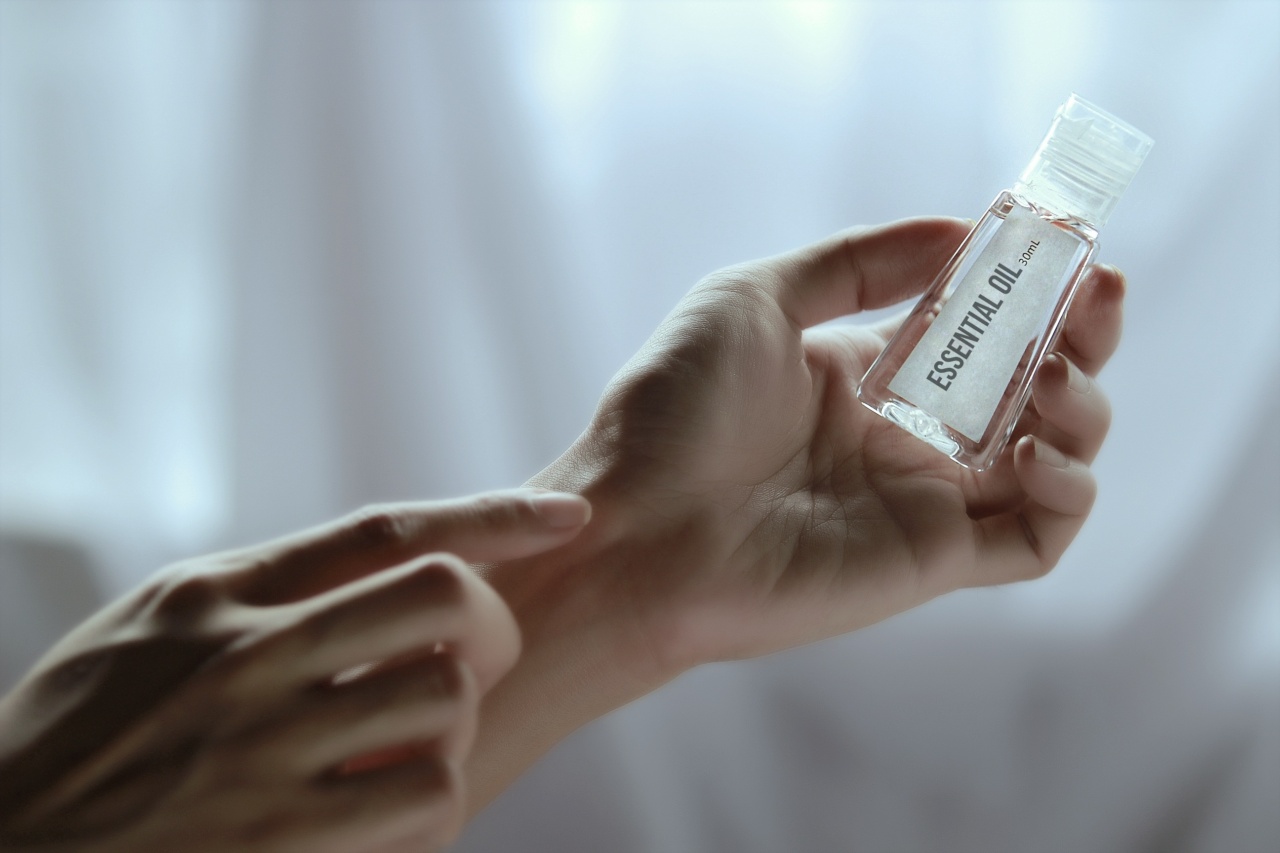Alcohol consumption is a common habit for many adults, whether it’s a glass of wine with dinner or a night out with friends.
While moderate drinking may not have significant negative effects on overall health, excessive and prolonged alcohol consumption can have detrimental effects on various organs in the body, including the skin. In this article, we will explore how alcohol affects skin health and wellness.
The Basics of Skin Health
Before delving into the effects of alcohol on the skin, it’s important to understand the basics of skin health. The skin is the largest organ of the body and plays a crucial role in protecting our internal organs from external harmful substances.
It acts as a barrier against bacteria, environmental toxins, and regulates the body’s temperature.
Additionally, the skin is responsible for the production of vitamin D when exposed to sunlight, which is essential for bone health.
It also contains sweat glands that help regulate body temperature and sebaceous glands that produce oils to keep the skin moisturized.
Dehydration and Dry Skin
One of the most noticeable effects of excessive alcohol consumption on the skin is dehydration and dryness. Alcohol is a diuretic, meaning it increases urine production and leads to fluid loss from the body.
This can result in dry skin, as the skin lacks the necessary moisture to appear healthy and plump.
Furthermore, alcohol can interfere with the body’s ability to retain water, leading to overall dehydration. Dehydrated skin can appear dull, flaky, and can even accelerate the formation of fine lines and wrinkles.
Acne Breakouts
Alcohol consumption can also exacerbate acne breakouts. While alcohol itself may not directly cause acne, it can trigger or worsen existing acne conditions.
Alcohol increases the production of certain hormones that stimulate oil glands, leading to excess oil production.
This excess oil, combined with dead skin cells and bacteria, can clog pores and result in the formation of acne.
Additionally, alcohol can disrupt the balance of good and bad bacteria in the gut, which plays a crucial role in maintaining clear and healthy skin.
Poor Skin Nutrition
Alcohol consumption can also hinder the absorption and utilization of essential nutrients necessary for skin health.
Alcohol interferes with the absorption of vitamins and minerals, such as vitamin A, vitamin C, and zinc, which are vital for maintaining healthy skin.
Vitamin A helps with skin cell turnover, vitamin C is essential for collagen production, and zinc aids in wound healing and reducing inflammation.
When alcohol impairs the absorption of these nutrients, it can lead to a compromised skin barrier, slower wound healing, and a less vibrant complexion.
Inflammation and Rosacea
Excessive alcohol consumption can also contribute to skin inflammation and exacerbate existing inflammatory skin conditions, such as rosacea. Alcohol dilates blood vessels and increases blood flow to the skin, causing redness and flushing.
In individuals with rosacea, alcohol can trigger flare-ups and intensify symptoms. Rosacea is a chronic inflammatory skin condition characterized by redness, visible blood vessels, and sometimes pimples or bumps.
Avoiding alcohol can help manage rosacea symptoms and prevent further irritation to the skin.
Accelerated Aging
Alcohol consumption can accelerate the aging process, making the skin appear older than it is. Alcohol increases the production of free radicals in the body, which are unstable molecules that damage cells and contribute to premature aging.
Additionally, alcohol impairs collagen production, a protein responsible for maintaining skin elasticity and firmness. Without sufficient collagen, the skin can become saggy, wrinkled, and less resilient to environmental stressors.
Irritation and Eczema
Alcohol, particularly in the form of skincare products, can cause skin irritation and exacerbate conditions like eczema. Alcohol is often used as a solvent or preservative in cosmetic products due to its antimicrobial properties.
However, it can strip the skin of its natural oils and disrupt the skin’s moisture barrier, leading to dryness, redness, and irritation.
Individuals with eczema or sensitive skin should be cautious when using products containing alcohol, as it can trigger flare-ups and worsen symptoms.
Impaired Wound Healing
Alcohol consumption can impair the body’s ability to heal wounds properly. Alcohol interferes with the inflammatory response necessary for wound healing, causing delays in the skin’s recovery process.
Moreover, alcohol weakens the immune system, making it harder for the body to fight off infections and properly repair damaged skin.
Individuals who consume excessive amounts of alcohol may experience prolonged wound healing and an increased risk of complications, such as infections and scarring.
Protecting Your Skin
While occasional and moderate alcohol consumption may not have significant adverse effects on the skin, excessive and prolonged alcohol consumption can take a toll on skin health and overall wellness. To protect your skin, consider the following tips:.
- Drink alcohol in moderation, and be mindful of your consumption.
- Stay hydrated by drinking plenty of water throughout the day.
- Follow a balanced diet rich in fruits, vegetables, and nutrients that support skin health.
- Establish a proper skincare routine, including cleansing, moisturizing, and protecting your skin from the sun.
- Avoid using skincare products that contain high concentrations of alcohol.
- Manage stress levels through relaxation techniques, exercise, or seeking support.
- Get enough sleep to allow your body to repair and rejuvenate the skin.
By implementing these habits, you can maintain healthy skin and mitigate the potential negative effects of alcohol consumption on your skin health and overall wellness.































